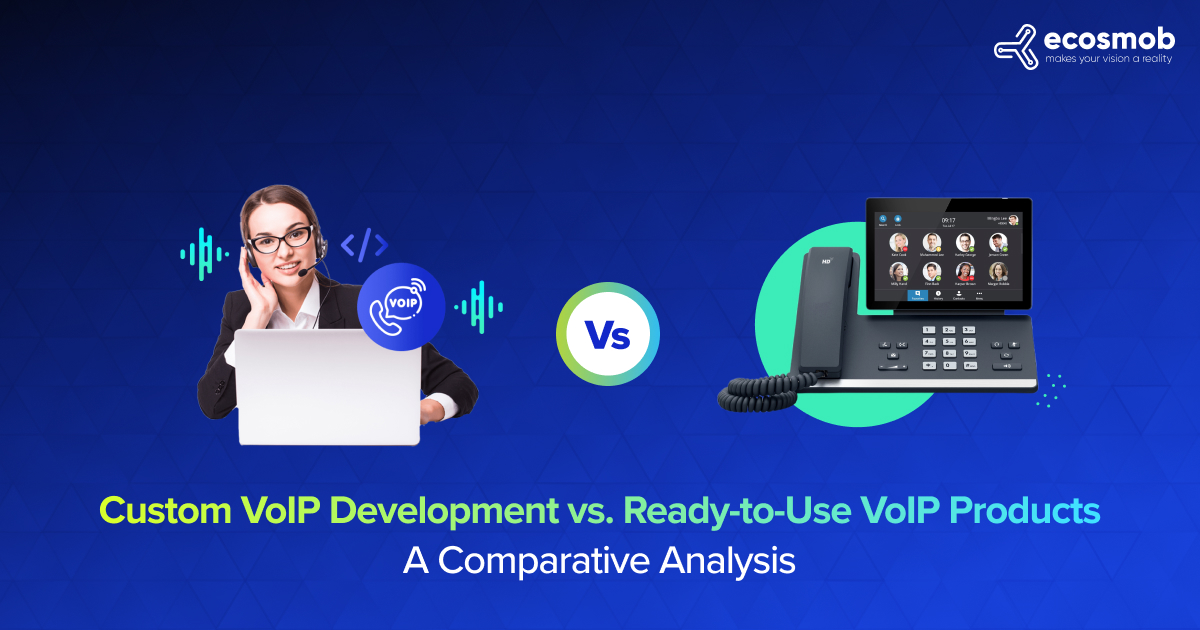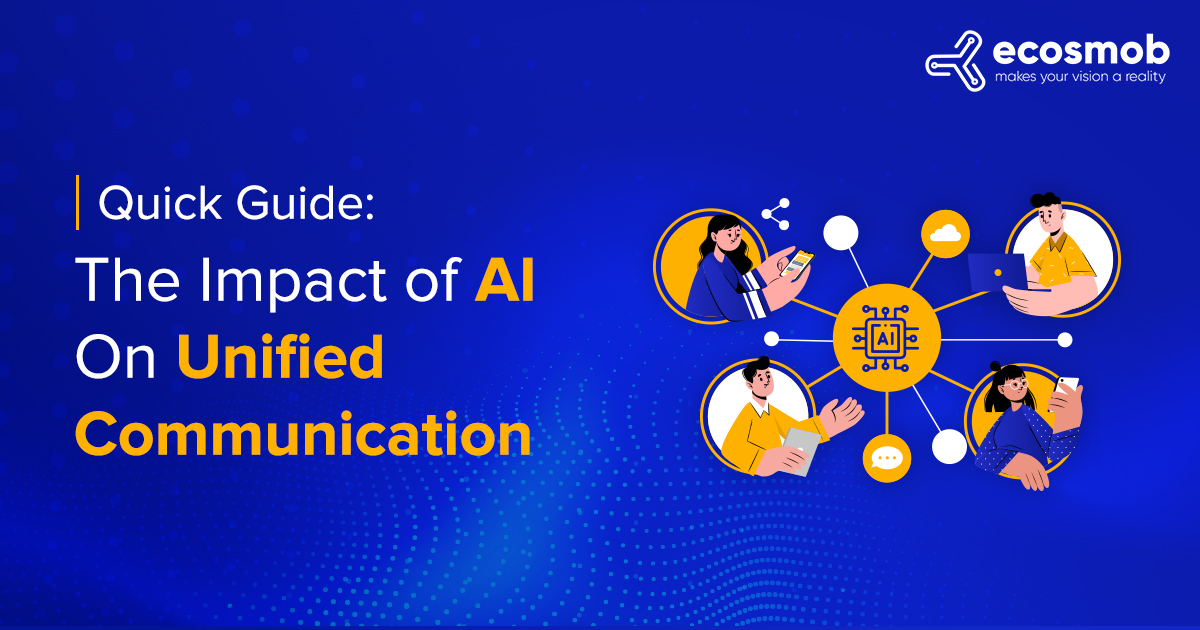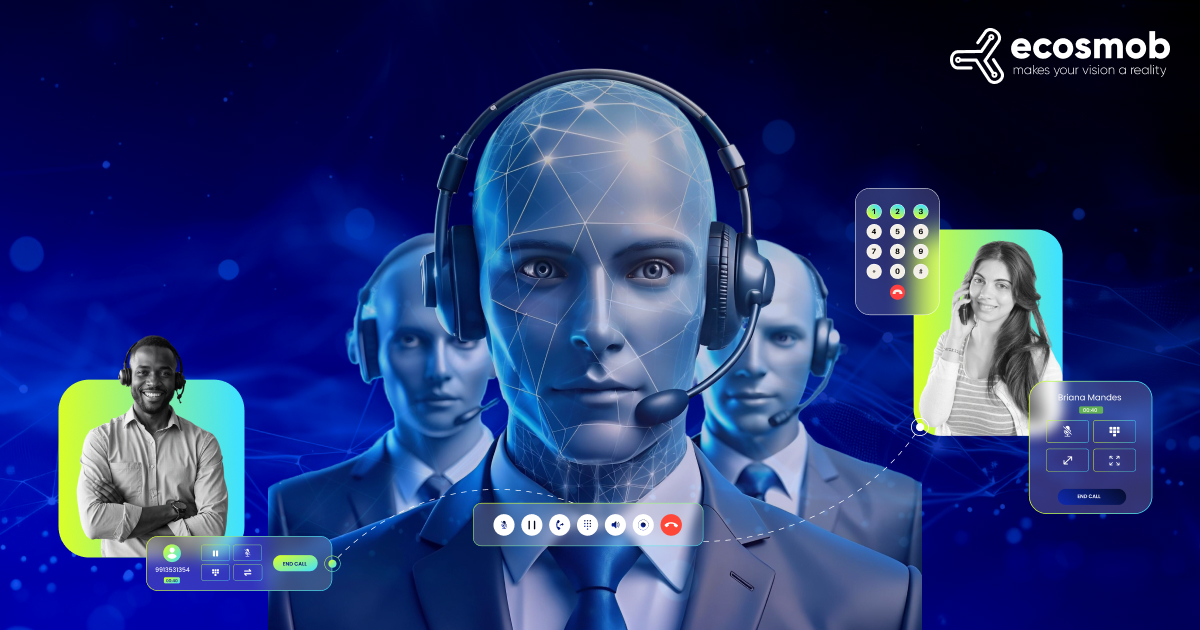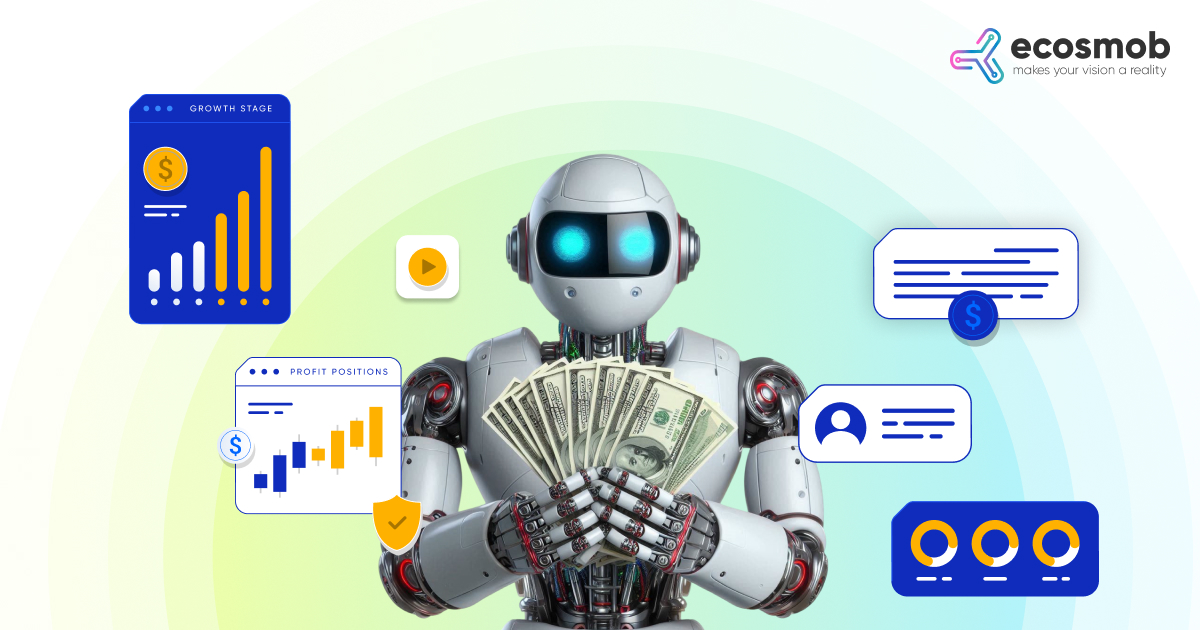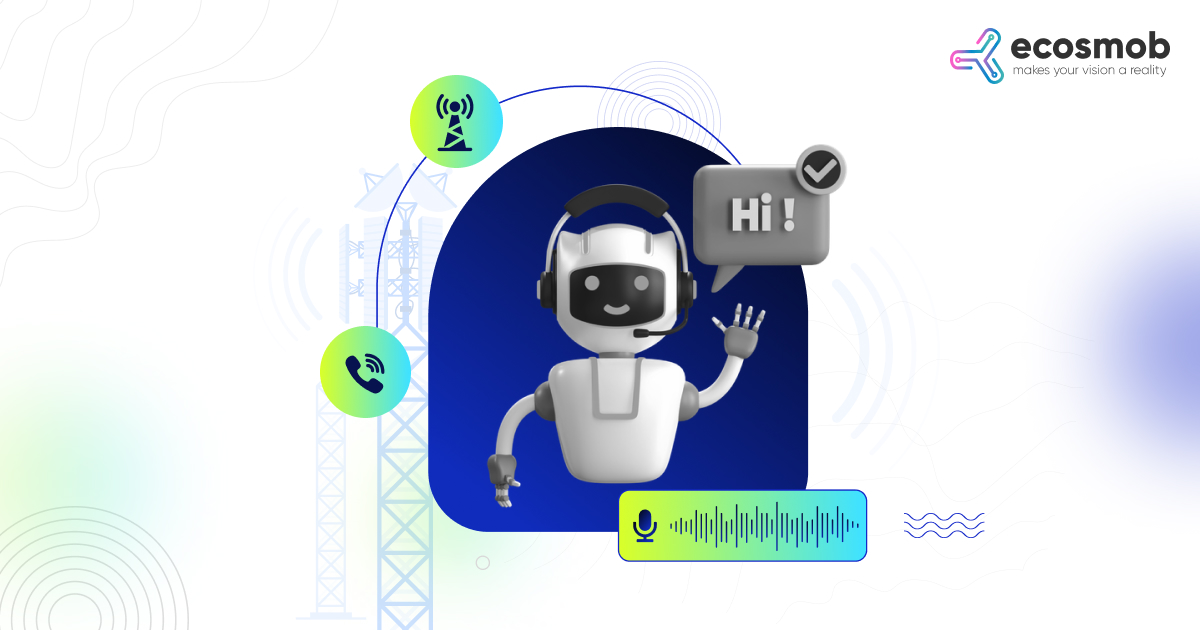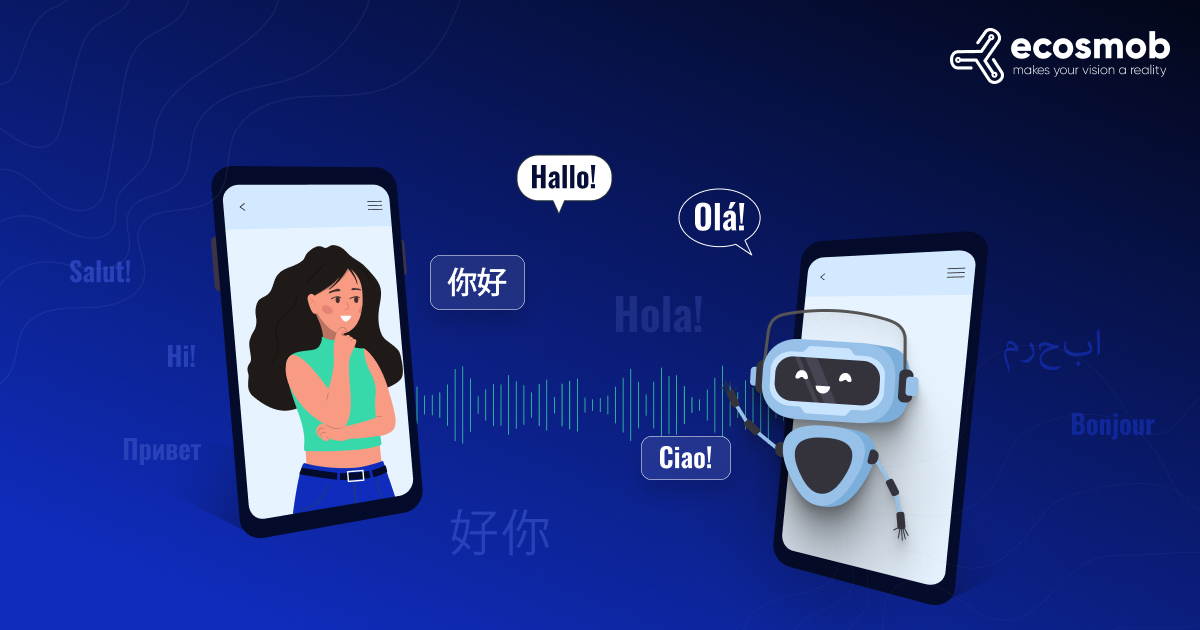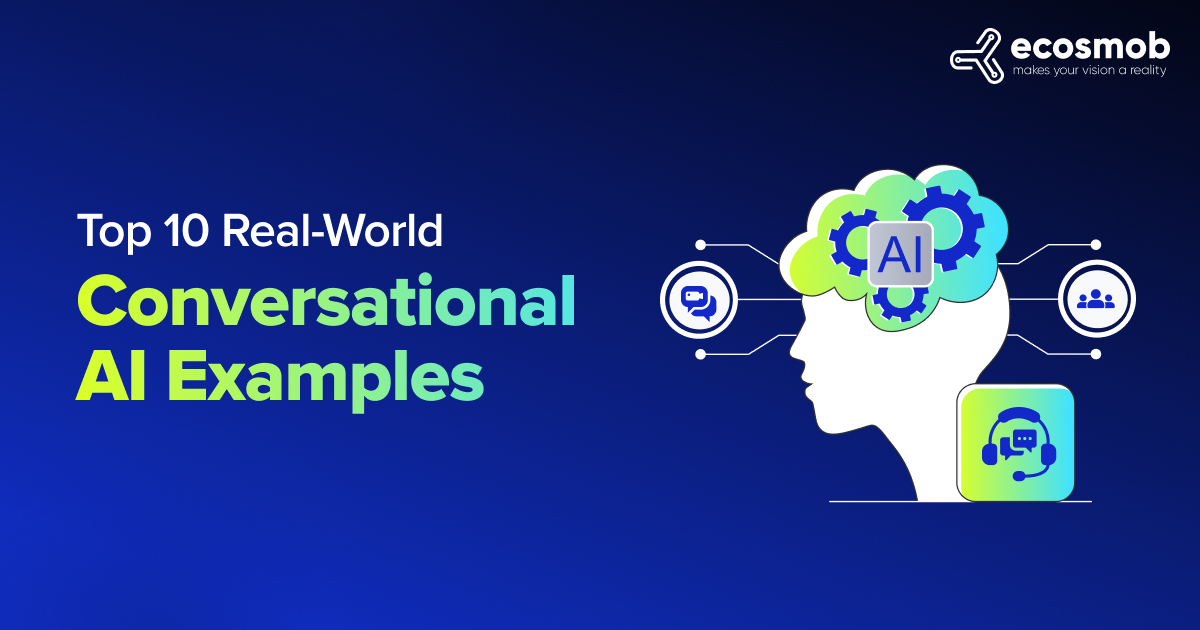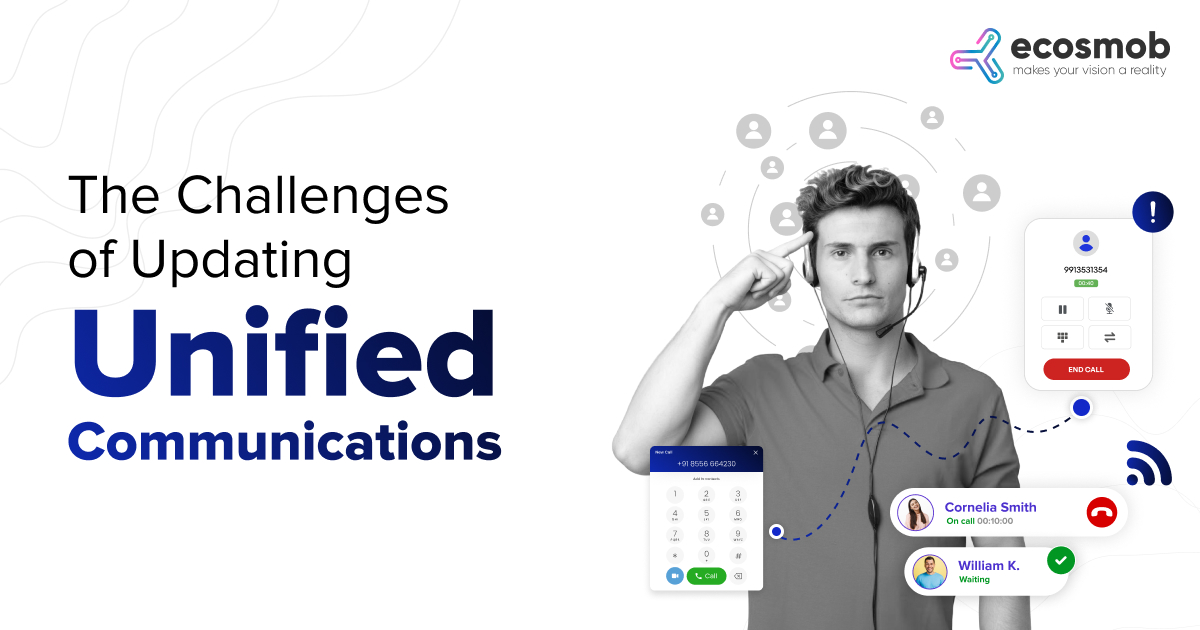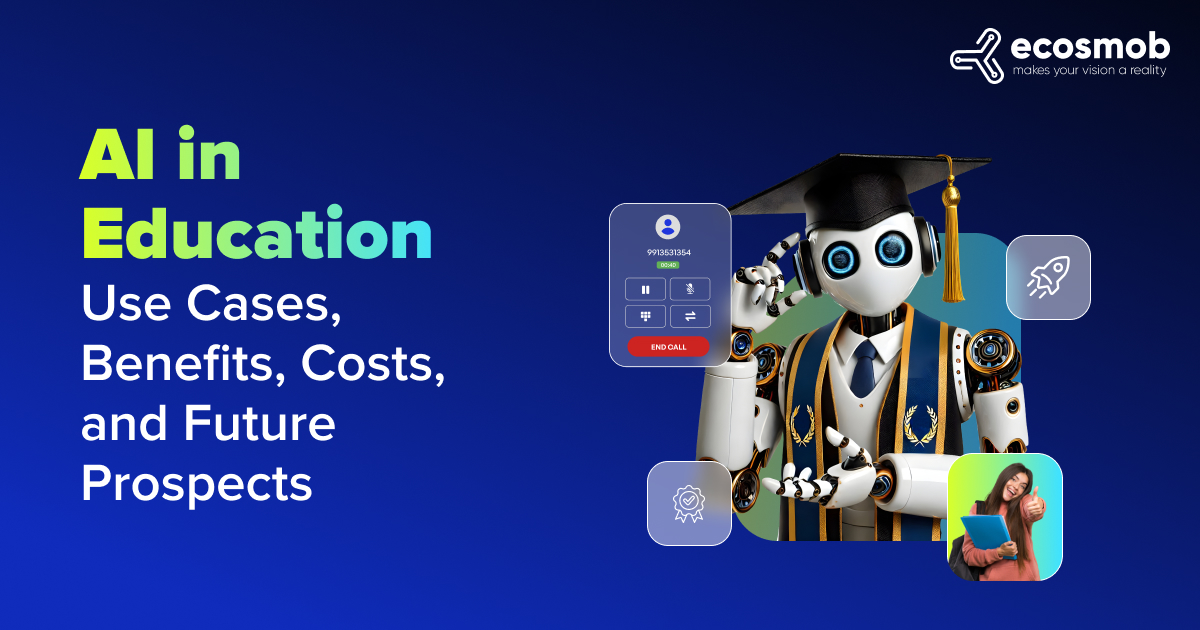AI is becoming quite the buzzword in the current corporate echelons. It is just a promising new technology that, when properly implemented, offers significant business-enhancing advantages to businesses of all types and sizes, regardless of these operational industry verticals. Unified communications technology is one area where implementing AI in unified communications on the grassroots level creates unprecedented benefits for automation, collaboration, and much more. In this blog, we highlight a few AI applications that could help our readers discern how AI-influenced UC solution providers and the impact of AI on Unified communications.
Impact of AI on Unified Communications
As with most modern technological disciplines, unified communications systems expect to undergo significant modifications. AI and ML in UC can improve almost every element of communication. It can facilitate decision-making and quicken processes. The ability of a deep learning computer system to carry out tasks effectively and appropriately is what makes it valuable.
The algorithm becomes more accurate as more data is gathered by learning from mistakes and implies that the system will work best for businesses collecting data. Unified communication systems will impact artificial intelligence in several ways.
Contextualizing Data
AI in Unified communications is helpful for audio-visual data collection. Instead of using human labor, which would have taken time, information in photographs and movies is getting into code. Easy to index information because it can identify things, persons, and products.
AI for unified communication systems can improve indexing and simplify accessing the platform’s information. Faster translation of films into many languages is possible with big data and deep learning. Sharing information across international borders is made more accessible and more productive.
Streamlining Processes and Collaboration
AI for unified communications is improving operations. It will identify patterns in performing your duties by gathering the appropriate data and using the software information to plan meetings, write reports, and make pertinent comments. In other words, it will enable us to assign mundane jobs so that we may concentrate on the essential elements of the business.
Virtual meetings can also benefit from deep learning systems. They can give users information regarding other folks in attendance in real-time, facilitating communication and collaboration in the virtual workspace.
Another way AI and UC may also improve workflows for an exemplary communications system is by giving information when required. For example, a sales representative may want specific data about a fresh product. The sales representative will get the data in real-time while still on the telephone with the client.
Customer Service
The capability to streamline information with a specific Unified communications system and artificial intelligence can improve the grade of customer service. Healthcare organizations can offer patients relevant data to boost diagnosis and enhance their wellness. Informative data on preventive care may be provided to someone to avert the development of an ailment or to raised manage a significant condition.
Managed services might merge with big data to schedule client appointments. It will undoubtedly be more accessible for staff to retrieve information related to the matter. Also, clients are searching for more personalized experiences. AI with UC can improve product recommendations and logistics. By using these tools, small and big businesses can provide unparalleled customer service.
More Effective Conferences and Meetings
Video and virtual meetings are essential to many businesses’ UC environments. AI and ML in UC are beginning to help and enhance communication in these domains in various ways. Artificial Intelligence can tell who is in a meeting and what they are talking about. Those characteristics open up many possibilities when integrated into a UC platform.
Integrating Advanced Analytics
As we all know, Data are precious to businesses. Companies can make wise judgments by processing and evaluating data.
Additionally, an integrated Unified Communications service provider can provide a tonne of data that could be helpful. Items like call records, recorded calls, email content, and more expand the data pool.
You can use AI and ML in UC to extract additional value from that data. Analytics powered by AI can quickly find patterns in the information at hand. It includes trends in call transcripts or emails with consumer complaints. Such knowledge is priceless if you wish to enhance subsequent exchanges.
Additionally, conversational AI can help in better Unified Communication platform integration. Alexa and other voice assistants are increasingly widely used in homes. Platforms for business UC are beginning to follow their example. You can now add items to your schedule by speaking to your desk phone in many solutions. There will undoubtedly be other voice and AI-driven integrations.
Want to Know How AI Is Moving Into Live UC Environments at Scale?
Integration of AI and UC
Artificial intelligence and Unified communications directly affect our professional and personal lives. Including unified communications, it has use cases in every significant industry today. Further, Artificial intelligence is becoming more incorporated into unified communications services providers, influencing general technology growth, digital transformation, and a pandemic. The integration of AI and UC offers value in several ways.
Enhancing the Effectiveness of Unified Communications
Think about a situation where businesses must go through texts, emails, memoranda, and other past communication and conversational formats to provide answers to questions and messages appropriately. It is an uphill task. However, businesses can use AI and UC to examine past data and recommend proper, context-aware responses to messages depending on the data.
Advanced Network
Networks can get more brilliant thanks to artificial intelligence, which enhances real-time communications. Networks can give real-time communications traffic higher priority without the assistance of network administrators. The data flow may be seen from beginning to finish in these intelligent networks. To maintain a high level of service, they might reroute high-priority traffic via issue areas and congested locations.
Performance Insights for UC
It is possible to evaluate how well AI with UC works. Unified communication systems can be monitored and maintained to offer helpful information.
Artificial intelligence, for instance, can undertake a predictive analysis of the system based on data and offer choices for troubleshooting in the case of problems and subpar system performance.
Increased Productivity in Meetings
AI and UC can analyze data to know how long it allocates to specific topics. An algorithm will then utilize the data to optimize future meetings. It might also use such data to suggest topics based on the individuals waiting for another session.
Challenges of Using AI with UC
Some of the challenges of Using AI with UC are given below.
Accuracy
Artificial intelligence systems are flawed. Occasionally, predictive machine learning methods produce inaccurate predictions. For instance, choosing suitable topics to discuss at upcoming meetings could make them more effective.
Consequently, a human overseer must accept or reject their output.
Bias
AI and ML in UC are subject to human designers’ biases.
Being Exposed to Automation
People continue to discuss how much particular jobs are automated because they fear they will replace them. For instance, when more and more tasks are automated, the ongoing development of conversational AI in unified communications may be a danger to customer service personnel.
Security
AI and UC together increase the attack surface. Unified communications solutions combine features, including voice, text, and video.
In addition, artificial intelligence needs a large amount of data to learn, increasing the duty of protecting sensitive data.
The Future of AI and UC
The future of AI and UC holds lots of promise regarding communications, business technology, and much more. However, Unified communications have only recently begun to use artificial intelligence. So, there are high hopes for how this pairing will develop.
More Sophisticated Bots
Bots that AI powers have a bright future. For instance, they can supply details on meeting participants from online sources like social media and assist in identifying who is speaking at a particular time in a virtual meeting. After carefully determining the topic of discourse, they may also provide relevant resources and information.
More Individualized Interactions With Customers
Companies are always looking for methods to enhance their interactions. Artificial intelligence and Unified communication enable customer-facing communications in addition to internal communications. Customer support could be improved and automated with the help of more intelligent chatbots.
Aside from chatbots, AI and UC can enhance social listening tools, customer-specific web visits, and the cross-selling potential of unified communication solutions.
Enhanced Text-to-Speech
Artificial intelligence has the potential to enhance speech-to-text software. The combination of artificial intelligence and unified communications may enable processes such as the accurate transcription of voicemail messages into text, the precise speech dictation of emails, and the automatic recording of meeting minutes.
Imaginative Uses of Forecasting Talents
The predictive skills of artificial intelligence and unified Communication will apply in novel and inventive ways to increase operational efficiency using improved algorithms. Predicting operational delays, problems, and downtime, offering precise and workable solutions, and automatically coordinating with users to implement the best solution are a few examples.
Sum Up
Unified communications solutions combine data from several platforms to improve company operations. Unified communications improve many facets of most enterprises when combined with AI. The two are known to affect how businesses operate in the future in terms of customer service, sales, and productivity.



